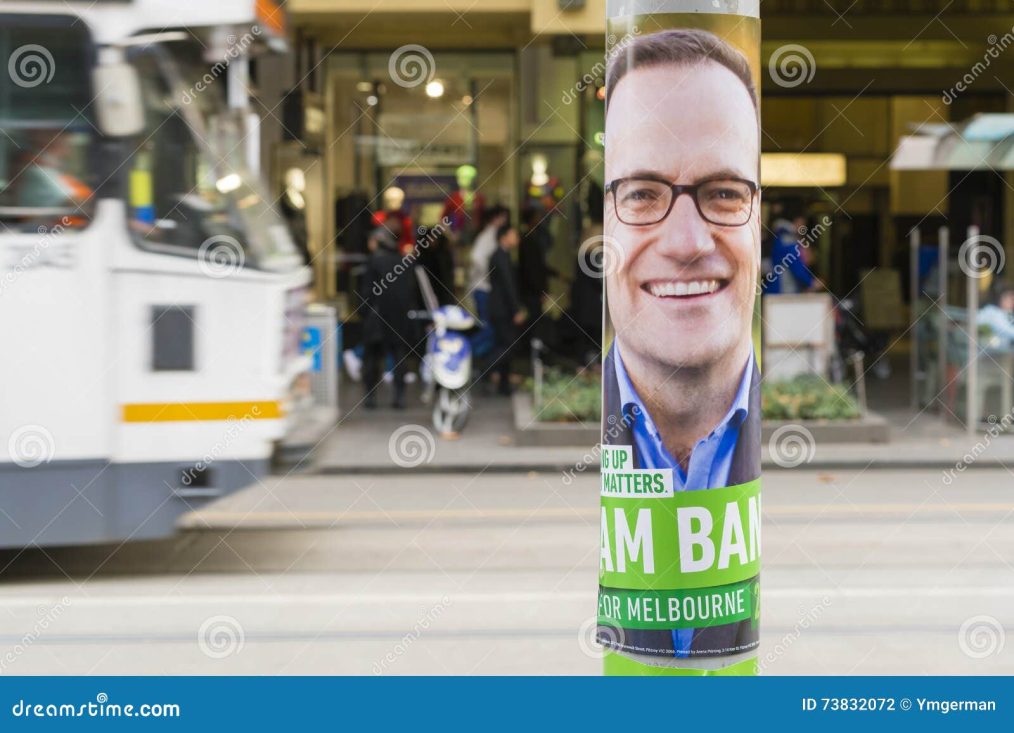
A Recent Survey Found That the Vast Majority of Those Who Vote for the Greens Are Largely City Dwellers and Those Living in Fringe Areas
“From my Window” Blog
Once a party dedicated to preserving the natural world, the Greens in Australia have undergone a significant transformation over the years. Established with the noble aim of protecting the environment, the party once championed causes such as safeguarding old-growth forests, defending waterways from pollution, and advocating for sustainable development. Their supporters were a mix of conservation-minded rural Australians and environmentally-conscious urbanites. Today, however, the party’s focus has shifted dramatically, leaving many former supporters questioning its priorities and values.
The roots of the Greens lie in the environmental movements of the 1980s and 1990s, which were driven by a desire to halt deforestation, combat climate change, and promote biodiversity. Back then, the party was widely seen as a voice for nature and a check against industrial overreach. Farmers, foresters, and conservationists alike found common cause under the Green banner.
Fast forward to the present, and the party’s platform appears to have broadened—and, some argue, diluted—to encompass contentious ideological issues. For instance, their recent push to de-list the Kurdistan Workers’ Party (PKK) as a terrorist organisation has sparked outrage and concern. The PKK, designated as a terrorist organisation by Australia’s national security agencies, has a documented history of violent acts. Linking the group to recent antisemitic attacks in Sydney, critics argue that the Greens’ efforts to “reframe” the PKK as a liberation movement represent a troubling departure from the party’s environmental roots.
A recent survey reveals that the majority of Greens voters now reside in metropolitan or fringe urban areas. This demographic shift reflects a change in the party’s focus from rural and natural issues to urban and ideological concerns. Many Australians in the regions feel alienated by the Greens’ perceived disinterest in the challenges facing rural areas, such as water rights, agricultural sustainability, and bushfire prevention.
Instead, the party’s energy appears directed at issues that resonate with urban activists, such as defunding police, advocating for open immigration policies, and redefining what constitutes a terrorist organisation. These shifts have provoked backlash, with critics accusing the Greens of prioritising ideology over the environment and national security.
Ironically, as the Greens increasingly focus on urban and global issues, their environmental agenda has taken a back seat. Farmers battling land degradation and communities devastated by natural disasters often feel unsupported. Critics argue that by losing sight of its founding principles, the Greens have left a vacuum in Australian politics, one that neither the major parties nor independents have yet to fill.
The shift has not gone unnoticed. A growing number of former supporters, particularly those in rural Australia, have voiced their disillusionment. Public concern has also mounted over the party’s stance on terrorism and antisemitic violence. The Greens’ push to re-evaluate the PKK’s status has been met with bipartisan criticism, with many questioning why a party that once fought for koalas and clean air now seems entangled in controversial geopolitical causes.
If the Greens are to remain relevant, they must reconcile their original mission with the expectations of a broader base. Returning to their environmental focus could help restore trust among Australians who once saw them as a beacon for nature. However, their continued focus on contentious ideological issues risks alienating even their urban base, as concerns about safety and national security grow.
The question remains: Will the Greens find their way back to their environmental roots, or will they continue on this new path, further distancing themselves from the Australian people they claim to represent?





As long as Adam Bant leads the party they will continue with their antisemitism and their Communist leanings and I believe that they are traitors to the Australian people.
Wally McLeod